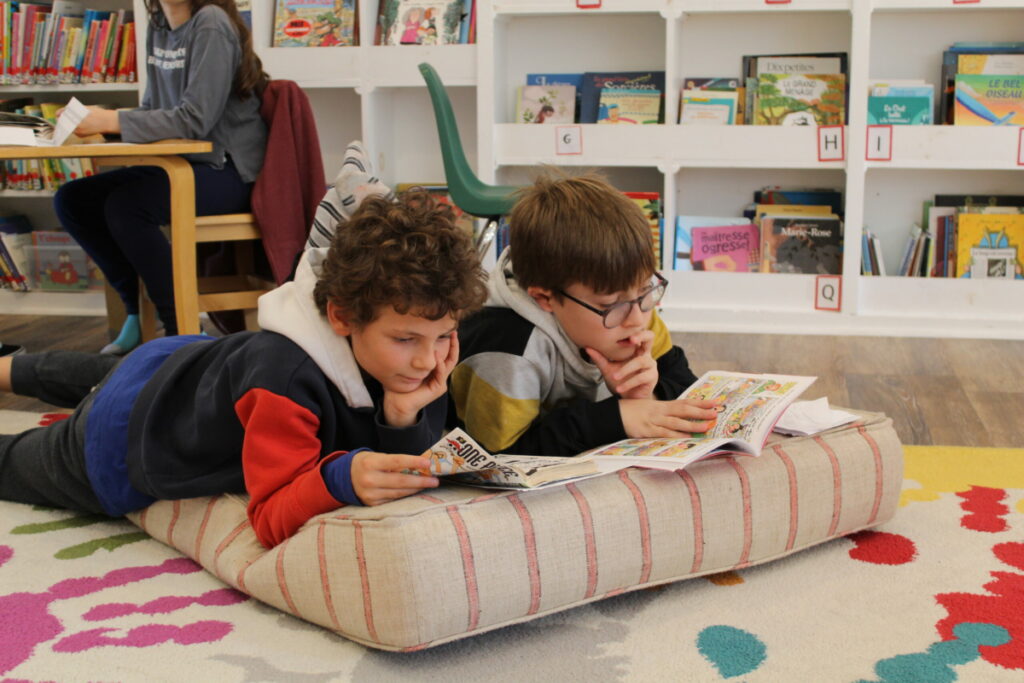It’s a big decision to enroll your child in preschool or daycare. The preschool vs. daycare pros and cons dives into the key differences between the two programs. Preschools and daycares are both types of early childhood education programs that provide child care and supervision for young children. Daycare centers and preschools offer unique benefits and drawbacks that should be weighed to make the best decision for your child. One of the main differences between preschools and daycares is their focus. Preschools are typically more academically oriented, focusing on building a solid foundation for learning and developing essential skills. On the other hand, daycares tend to have a more relaxed and play-based approach without a set curriculum to education. Daycares may offer some educational activities, but their primary focus is providing a safe and nurturing environment for children to play and socialize.
Preschool vs. Daycare
The Pros and Cons of Preschool:
Preschools Pros:
- Preschool teachers are typically required to have a bachelor’s degree in early childhood education or a related field, as well as state certification.
- Preschools often have a more structured educational program and focus on preparing children for kindergarten. They usually have structured lesson plans and activities to teach children important skills like counting, letters, and shapes.
- Preschools have smaller class sizes, which allows each child to receive more individualized attention and support.
- They may have a higher ratio of teachers to students, which can provide more opportunities for learning and interaction
Preschool Cons:
- Preschools tend to be more expensive than daycares due to their more structured and academic focus.
- They may have more rigid schedules and may be unable to accommodate changes in a child’s schedule or needs.
- Preschools tend to have shorter daily hours.
The Pros and Cons of Daycares:
Daycare Pros:
- Daycares are more flexible and can accommodate changes in a child’s schedule or needs.
- Daycares offer longer care hours and are more convenient for parents who need childcare during non-traditional hours.
- Daycares may be more affordable than preschools.
- Daycares tend to accept younger age children, such as infants.
Daycare Cons:
- Daycares usually do not require their teachers to have a bachelor’s degree and may not focus as much on preparing children for kindergarten.
- They may have larger class sizes, making it more difficult for children to receive individualized attention and support.
- They may have a lower ratio of teachers to students, reducing opportunities for learning and interaction.
Learn about the importance of social-emotional development in preschool and daycare by visiting our social-emotional learning page.
Ultimately, the decision between a preschool and a daycare will depend on a family’s individual needs and preferences. Parents looking for a more structured and academically focused program may prefer a preschool, while those who need a full-day option or a more flexible and play-based approach may prefer a daycare. Parents need to research and visit potential programs to get a sense of the environment and the staff’s qualifications before deciding what’s right for their family needs.
To learn about parenting tips for your child read CDC’s page on Essentials for Parenting Toddlers and Preschoolers.







